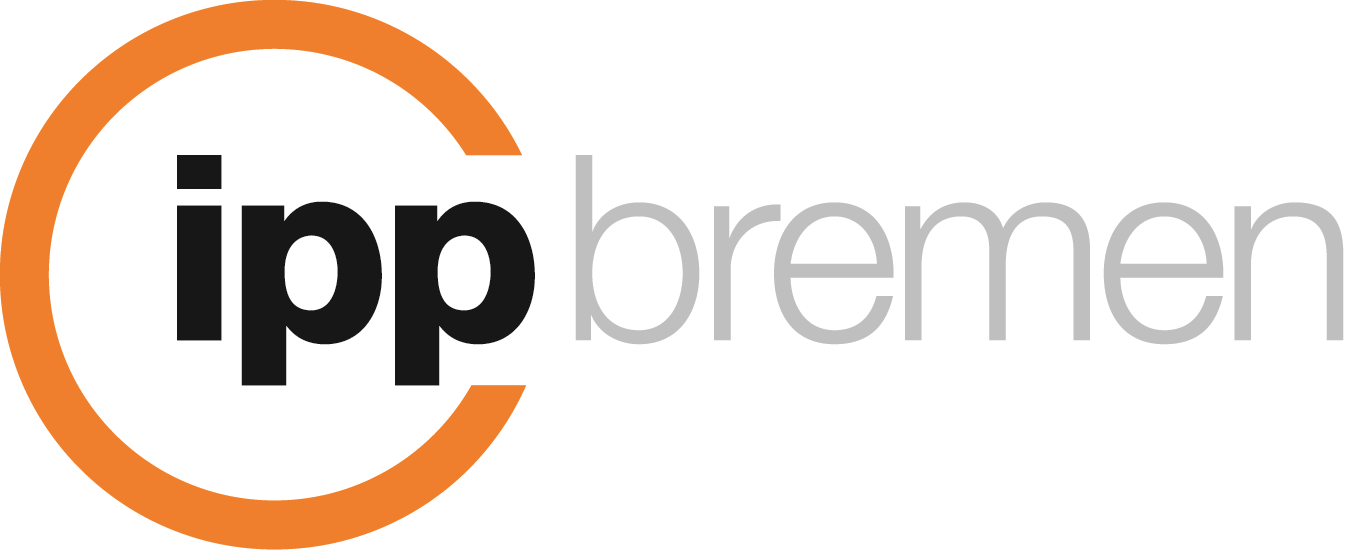The workshop in Magdeburg on 25.06.2025 was organised by the IPP, Martin Luther University Halle-Wittenberg, Charité - Universit?tsmedizin Berlin and the Saxony-Anhalt State Network of Migrant Organisations (LAMSA). Those affected, relatives, language mediators, multipliers, medical and nursing professionals, representatives of health insurance companies and cancer organisations were invited. Together, they discussed existing information needs, barriers in the healthcare system and possible strategies for improving care for people with a history of migration and cancer.
Together, they discussed existing information needs, barriers within the healthcare system and possible strategies to improve care for people with a migrant background and cancer.
Two keynote presentations by the project team provided insight into current research findings and practical challenges. The first presentation addressed the results of an interview study on the information needs of people with a migrant background and cancer, as well as structural barriers within the German healthcare system. The second presentation focused on the role of language mediation as a key element for successful communication between patients and healthcare professionals.
Following the presentations, participants engaged in moderated small group discussions on key topics such as language, communication, access to information and the cultural specificity of health information. It became clear that the linguistic and content-related complexity of medical treatments often complicates communication. Due to time constraints, there is often too little opportunity to ensure that patients fully understand the information provided. Raising awareness among healthcare professionals about assessing and promoting health literacy was identified as an important step. At the same time, participants expressed the wish for more transparent and comprehensible decision-making processes during the course of treatment.
Initial solution ideas were also discussed during the event. The results will feed into the development of a guideline for creators of health information and an implementation concept for providing health information for people with a migrant background and cancer.
The event clearly demonstrated how valuable direct exchange between affected individuals and interest holders is in fostering mutual understanding and better addressing the needs of the target group.


![[Translate to English:] [Translate to English:]](/fileadmin/_processed_/9/1/csm_20250625_183208__002__c582a1bc30.jpg)